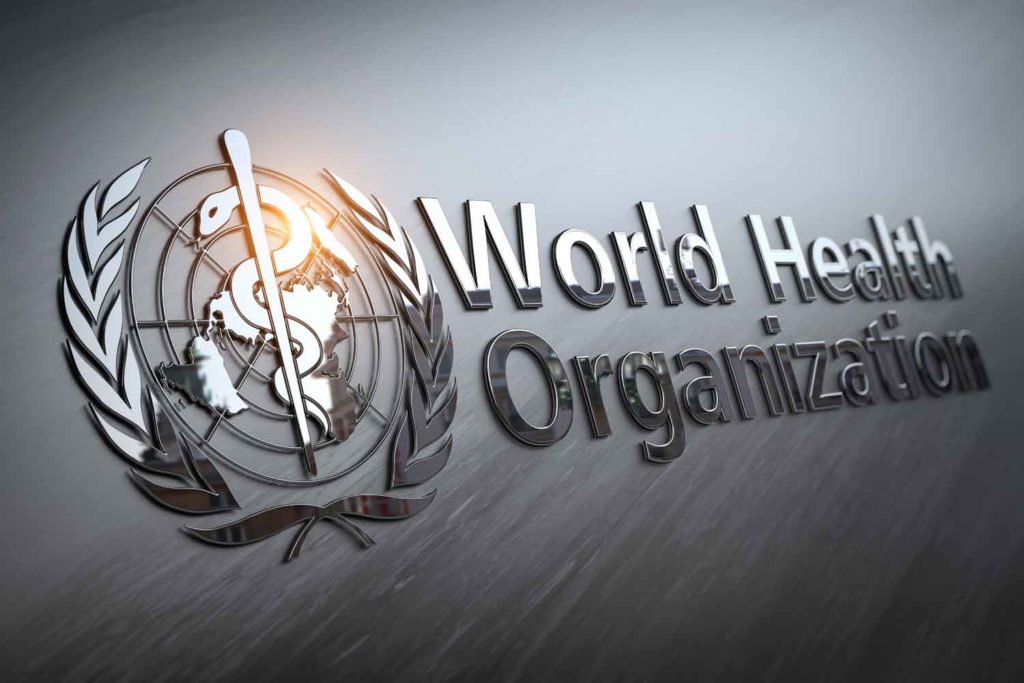COP Concludes
- Featured News This Week
- February 12, 2024
- 0
- 4 minutes read


The 10th session of the Conference of the Parties (COP10) to the World Health Organization Framework Convention on Tobacco Control (FCTC) concluded on Feb. 10 with a commitment to strengthen protections against the impact of tobacco on the environment and health.
“We have taken a historic decision on Article 18,” said Adriana Blanco Marquizo, head of the FCTC Secretariat, in a statement, describing action to strengthen the article of the FCTC focused on the protection of the environment and the health of all people.
“The decision urges parties to take account of the environmental impacts from the cultivation, manufacture, consumption and waste disposal of tobacco products and to strengthen the implementation of this article, including through national policies related to tobacco and protection of the environment,” Blanco Marquizo said.
Representatives from 142 parties gathered in Panama City Feb. 5–10 to tackle a range of issues from progress on implementation of the treaty to the regulation of tobacco advertising, promotion and sponsorship.
According to the WHO, some 200,000 hectares of land are cleared every year for tobacco cultivation, accounting for up to 20 percent of the annual increase in greenhouse gases.
The decision also addresses the issue of cigarette filters. According to the WHO, an estimated 4.5 trillion cigarette butts are thrown away annually worldwide, representing 1.69 billion pounds of toxic trash containing plastics.
“Under specific circumstances—such as sunlight and moisture—cigarette filters break down into smaller plastic pieces, eventually leaching out some of the 7,000 chemicals contained in a single cigarette,” the WHO wrote on its website. “Many of those chemicals are environmentally toxic. The decision on Article 18 is very timely given the ongoing intergovernmental negotiation committees working to develop an international legally binding instrument on plastic pollution, including in the marine environment.”
COP10 delegates also agreed to strengthen guidelines on cross-border tobacco advertising, promotion and sponsorship and the depiction of tobacco in entertainment media.
In addition, two expert groups were established—one to work on forward-looking tobacco control measures under Article 2.1 of the FCTC and the other to focus on Article 19, which concerns liability.
Other decisions adopted by COP10 relate to the promotion of human rights through the WHO FCTC as well as strengthening the FCTC Investment Fund.
The parties also agreed to extend by five years the mandate of the Global Strategy to Accelerate Tobacco Control 2019–2025: Advancing Sustainable Development Through the Implementation of the WHO FCTC 2019–2025 so that it fully aligns with the 2030 Agenda for Sustainable Development.
COP10 also adopted the Panama Declaration, which draws attention to the “fundamental and irreconcilable conflict” between the interests of the tobacco industry and the interests of public health. The declaration also makes clear the need for policy coherence within governments to comply with the requirements of Article 5.3 of the WHO FCTC, which aims to protect public health policies from commercial and other vested interests of the tobacco industry.
Contradicting the observation of tobacco grower and consumer groups that traveled to Panama, the WHO insisted that COP10 was open to the media, which it said had the opportunity to observe all public and open sessions.
COP10 is followed by the Meeting of the Parties to the Protocol to Eliminate Illicit Trade in Tobacco Products, which will meet in Panama City Feb. 12–15.
